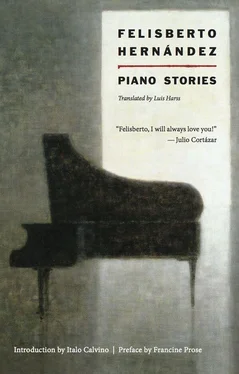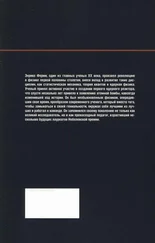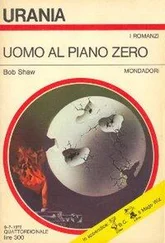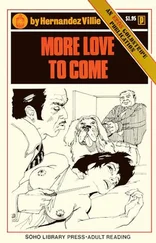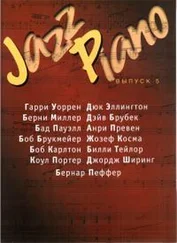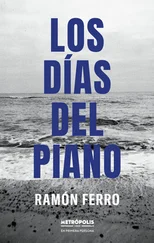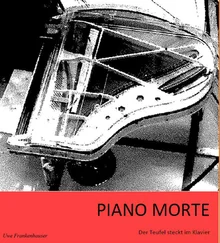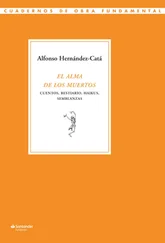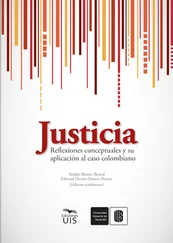Felisberto Hernandez - Piano Stories
Здесь есть возможность читать онлайн «Felisberto Hernandez - Piano Stories» весь текст электронной книги совершенно бесплатно (целиком полную версию без сокращений). В некоторых случаях можно слушать аудио, скачать через торрент в формате fb2 и присутствует краткое содержание. Год выпуска: 2014, Издательство: New Directions, Жанр: Современная проза, на английском языке. Описание произведения, (предисловие) а так же отзывы посетителей доступны на портале библиотеки ЛибКат.
- Название:Piano Stories
- Автор:
- Издательство:New Directions
- Жанр:
- Год:2014
- ISBN:нет данных
- Рейтинг книги:4 / 5. Голосов: 1
-
Избранное:Добавить в избранное
- Отзывы:
-
Ваша оценка:
- 80
- 1
- 2
- 3
- 4
- 5
Piano Stories: краткое содержание, описание и аннотация
Предлагаем к чтению аннотацию, описание, краткое содержание или предисловие (зависит от того, что написал сам автор книги «Piano Stories»). Если вы не нашли необходимую информацию о книге — напишите в комментариях, мы постараемся отыскать её.
Piano Stories
Piano Stories — читать онлайн бесплатно полную книгу (весь текст) целиком
Ниже представлен текст книги, разбитый по страницам. Система сохранения места последней прочитанной страницы, позволяет с удобством читать онлайн бесплатно книгу «Piano Stories», без необходимости каждый раз заново искать на чём Вы остановились. Поставьте закладку, и сможете в любой момент перейти на страницу, на которой закончили чтение.
Интервал:
Закладка:
“Up until a few days ago I was in the present because I was writing. Now I’ll do the same, even if the only land in sight is the island with Celina’s house and I have to keep returning to it. I’ll look through it again in case I missed something.”
Then, preparing to go back over those same memories, I came on a lot of strange events. Most of them had occurred not back in the days of Celina but quite recently, while I was remembering and writing and perceiving the obscure or only dimly understood links between those events of the past and the ones that occurred later, during all the years I went on living. I couldn’t quite recognize myself or make out what moods or impulses those distant events and the more recent ones had in common, or if they were equivalent in some way, or whether they might not all disguise the same mystery.
So now I’ll try to tell what was happening to me a short time ago, while I remembered those days in the past.
One summer night I was walking home to my room, tired and depressed. I had let myself sink under the dead weight that thoughts take on when you feel the perverse need to pile them up for no particular reason other than to make yourself even more miserable and to convince yourself that life has lost its charm. Perhaps my disenchantment showed in my willingness to play with danger and risk having things become as bad as I thought they were, or maybe I was preparing for the next day’s imaginings, and the feeling of spent hope was in itself a charm. Perhaps while I foundered in despair I was clutching the last few coins in the bottom of my pocket.
When I got home you could still see the white shirts of the neighbors who had come out to sit in the cool evening air under the crooked old trees, which hadn’t been pruned yet. Later, in bed, with the light out, it felt good to complain and be a pessimist, stretching your legs out in sheets that were whiter than the neighbor’s shirts.
It was on such a night, when I was running past times through my mind, carelessly, the way you let coins slip through your fingers, that the memory of Celina visited me. I was no more surprised than I would have been by the visit of an old friend who was in the habit of dropping in every once in a long while. No matter how tired I felt, I could always manage a smile for such a visitor. The memory of Celina returned the next day and for several days after that. By then I was accustomed to having the visitor around and I could leave him there, attend to other matters, and come back to him later. But while I was gone he was up to things I didn’t know about. I can’t say what small changes he made in my room or whether he was in touch with other people now living nearby. Once, when he came in and greeted me, I even thought he was looking past me, as if addressing someone in the back of the room. But he and other memories weren’t the only ones who looked beyond me: certain thoughts also went through me and beyond, after accompanying me for a few minutes in my sadness.
And then one night I woke up in anguish when I became aware of another presence in the room. It must be a friend — or perhaps not exactly a friend: a partner. It was distressing suddenly to realize that you had been sharing your work with someone else and that the one in charge was the other person. I didn’t have to look far for proofs: they were plainly visible behind my suspicions, like shapes behind a veil. As they burst into the present and took it over, I was thinking the “someone” in the back of the room communicating over my shoulder with my memories must have been this partner of mine, who was speculating with those memories as if they belonged to him: he was the one who had written my story. No wonder I distrusted the precision the story took on whenever Celina appeared in it: it was nothing like what I myself was really going through. So then I tried to be myself alone, to find out how I myself remembered things — and I waited for the events and memories to recur.
On the last night of my theater of memories there is a moment when Celina comes in and I don’t know I am remembering her. She simply comes in — all my senses are aware of her. The fleeting moment is long enough for me to realize I have felt a shiver of pleasure because she has come. My soul settles down comfortably to remember, the way my body does in a seat at the movies. I can’t tell whether the image before my eyes is clear, whether I am seated too far back, who my neighbors are, or if anyone is watching me. I don’t know whether I am working the projector myself or even whether I came on my own or someone prepared the memory for me and brought me to it. I would not be surprised if it had been Celina herself: all these years, ever since I left her side, I may have been on threads stretching into the future but still controlled by her.
Celina does not always come to mind the way she came in the door of her parlor: sometimes she comes already seated next to the piano or in the act of lighting the lamp. I don’t remember her myself, with the eyes I have now: I remember the eyes that saw her then. The images that come to me now are transmitted by those other eyes, and so is the feeling that moves them. It is the original feeling I had for Celina. The eyes of the child in me stare in amazement but unsteadily. Celina may be caught in motion or just after she has moved, but her movements displace no air in space: they are the movements of remembering eyes.
My mother or my grandmother has asked her to play and she sits down at the piano. My grandmother must be thinking, “The teacher is going to play”; my mother, “Celina is going to play”; and I, “ She is going to play.” It must be summer because her arms are bare. In the lamplight they and their flared sleeves look translucent. The arms move in waves that end in hands, keys and sounds. Summer is when I can taste the night best with its plant-shaped shadows and hints of the unexpected, its waiting for something to happen, its false alarms, reveries, nightmares, and good food. I can also taste Celina most, and not just in my mouth: all her movements taste of her, so do her clothes and the shapes of her body. Her voice must also have tasted of her in those days, but I have no direct memory of anything related to hearing — of her voice, of the piano, of the street noises — only of what was going on while the sounds were in the air. My memories are a silent movie: I can put my old eyes on to see them, but my ears are deaf to them.
Now, for a few moments, my imagination has flown out the window like a night bug, drawn to the tastes of summer over distances unknown, even to night and to the deep. Nor does the imagination know who the night is or who in its dark landscape chooses the spots where a digger turns over the soil of memory and seeds it again. At the same time, someone dumps chunks of the past at the feet of the imagination, who hastily sorts through them in the swaying light of a small lantern it holds over them, mixing earth and shadows. Suddenly it drops the lantern on the soil of memory and the light goes out. Then once more the imagination is an insect flying over forgotten distances to land again on the edge of the present. Now the present into which it has fallen is again Celina’s parlor, and at the moment she is not playing the piano. The insect flying in memory has gone back one more wingbeat in time and arrived just before Celina will sit down to play. My grandmother and my mother ask her once more to play, though in a different tone of voice than before. This time Celina says she is not sure she remembers the piece. She is nervous, and on her way to the piano she trips over a chair, which must make a noise — but we are not supposed to notice. She has gathered enough speed that the impulse carries her past the chair and the accident is immediately forgotten. She sits down at the piano: we are hoping nothing unpleasant happens to her. Before she begins, we have just enough time to imagine she will play something impressive which will make us recommend her to our acquaintances. She is so nervous, and so aware of being the teacher, that my grandmother and my mother both try to advance her a bit of success, willing their favorable expectations on her and anxiously awaiting the performance that will allow them to match their expectations with reality.
Читать дальшеИнтервал:
Закладка:
Похожие книги на «Piano Stories»
Представляем Вашему вниманию похожие книги на «Piano Stories» списком для выбора. Мы отобрали схожую по названию и смыслу литературу в надежде предоставить читателям больше вариантов отыскать новые, интересные, ещё непрочитанные произведения.
Обсуждение, отзывы о книге «Piano Stories» и просто собственные мнения читателей. Оставьте ваши комментарии, напишите, что Вы думаете о произведении, его смысле или главных героях. Укажите что конкретно понравилось, а что нет, и почему Вы так считаете.
